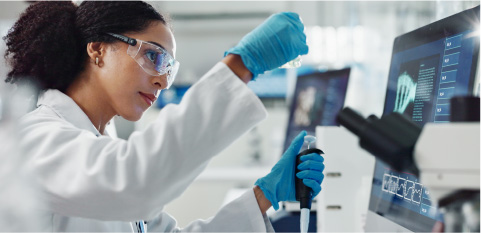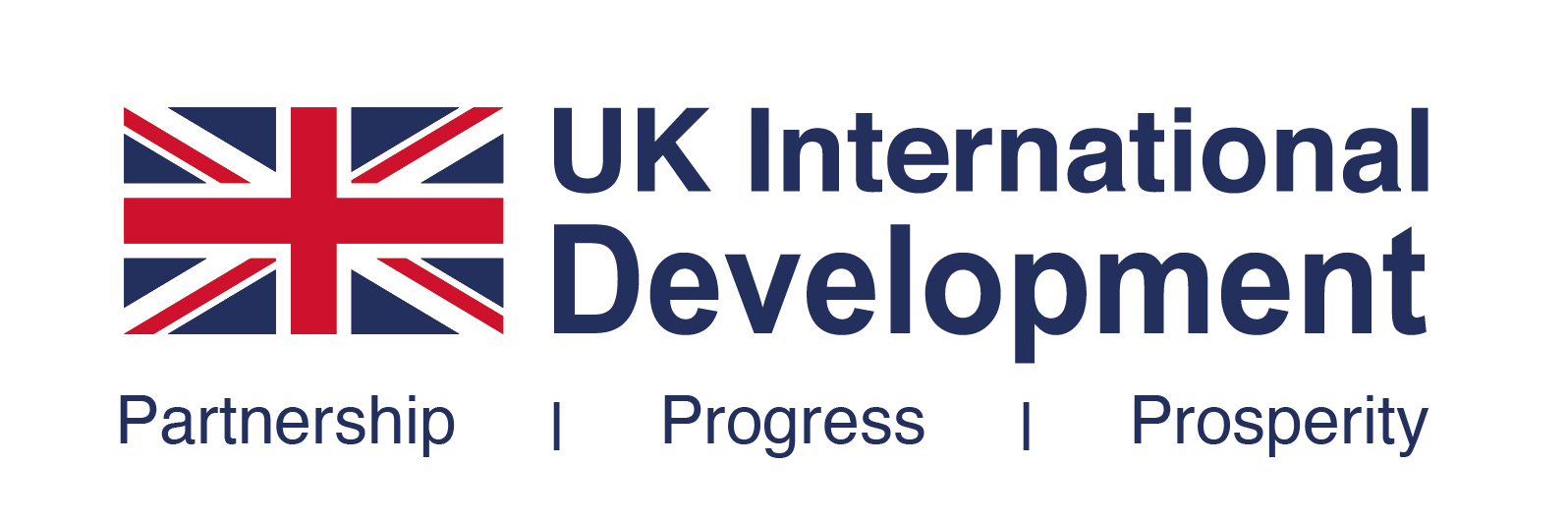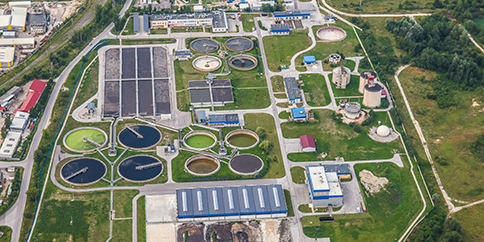Tackling antimicrobial resistance (AMR) globally
AMR is a global threat. The widespread use of antimicrobials has resulted in more resistant organisms, which may result in some infectious diseases becoming untreatable.
AMR is emerging as one of the most significant global health threats of the 21st century. The 2022 Global Burden of Bacterial Antimicrobial Resistance report attributes AMR to at least 1.27 million deaths annually. Health economists warn that if current trends persist, AMR could result in more than $100 trillion in lost economic activity and up to ten million deaths annually by 2050. This would destabilise societies and economies, with low- and middle-income countries bearing a disproportionate burden due to limited access to effective antibiotics, inadequate surveillance, and strained healthcare systems. AMR affects every country and can easily cross borders. However, by acting collectively and using evidence-based strategies, we can mitigate the spread.
Tackling antimicrobial resistance, a programme that has been developed by The Fleming Fund and The Open University, comprises a series of online courses. The aim of the programme is to help you to identify, develop and apply skills and knowledge relevant to your role as an AMR professional in order to change and improve your working practice and the practice of people with whom you work.
Scroll down to access the pathways and courses and download the flyer and brochure to share information about this programme.




















































